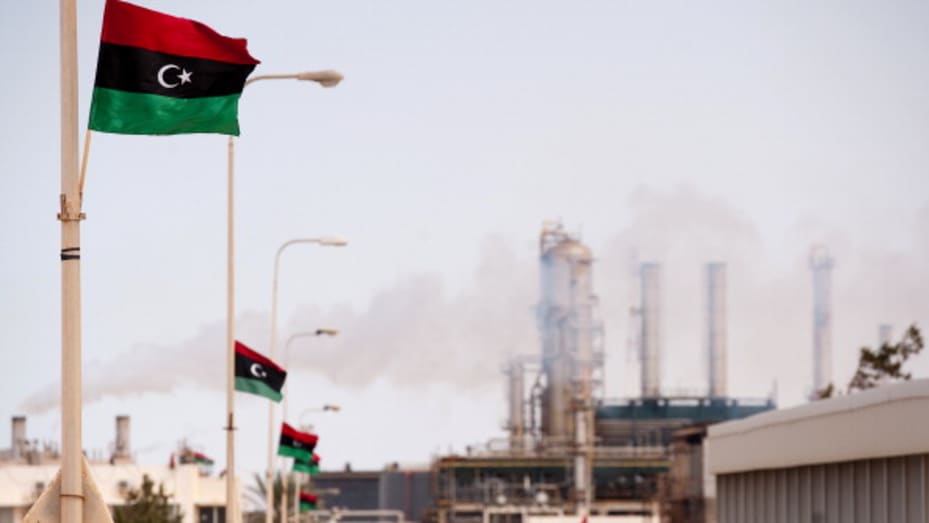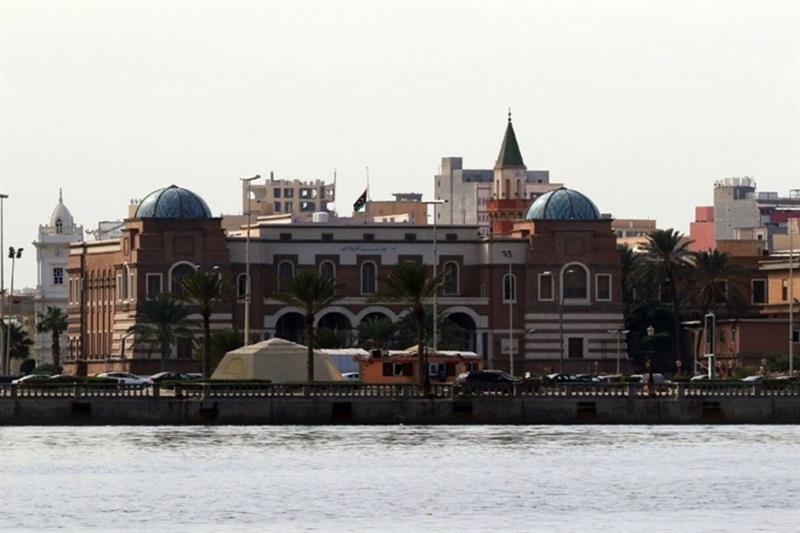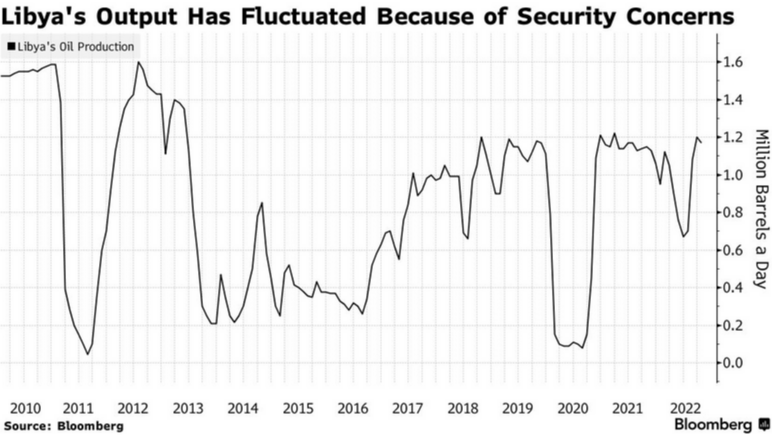
Libya's eastern government, led by Prime Minister Osama Hammad, announced on Monday the suspension of all oil production and exports until further notice.
The move follows what the eastern government describes as "attacks on the Central Bank of Libya's leadership and employees by unlawful groups, with the incitement and assistance of the Presidential Council."
Hammad announced the decision in a video statement, all oil fields, terminals, and facilities, effectively halting operations until further notice in Libya. Brent crude responded sharply to the announcement.
Prime Minister of Libya's eastern government Osama Hammad released a statement declaring all oil production and exports suspended, Aug. 26, 2024.
The impact on Libya’s oil sector was immediate. Waha Oil, which supplies Es Sider – the country’s largest export terminal – announced it will begin gradually reducing shipments. Sirte Oil also confirmed that it will start cutting output, further exacerbating the situation.

Libya, home to Africa’s largest known crude reserves, has been embroiled in political strife since the 2011 overthrow of Moammar Gadhafi. The nation’s oil production, which reached about 1.15 million barrels a day last month, has suffered significantly due to ongoing unrest and power struggles. The Sharara oil field, Libya’s largest, with an output of nearly 270,000 barrels daily, has already halted production.
The current crisis centers around a dispute over the leadership of the Central Bank of Libya, which manages billions of dollars in energy revenues. The internationally recognized government in Tripoli has been attempting to replace Governor al-Kabir, who has refused to step down.
On Monday, a government delegation entered the Central Bank’s offices to take over, according to local media reports.
al-Siddiq al-Kabir who is backed by the eastern legislature, has resisted the move, arguing that the Presidential Council lacked the authority to remove him and that the decision was unlawful. al-Kabir's critics, however, accuse him of mishandling oil revenues and contributing to the country’s financial instability.

The dispute over the Central Bank’s leadership has further strained relations between al-Siddiq al-Kabir and Tripoli-based Prime Minister Abdul Hamid Dbeibah. The tension between the two figures escalated last year when al-Siddiq al-Kabir publicly accused Dbeibah of corruption and overspending, allegations that Dbeibah vehemently denied.
The eastern government’s decision to halt oil production comes amid worsening political, military, and security conditions in Libya. The U.N.’s top official in Libya, Stephanie Koury, briefed the Security Council on August 20, warning that the situation had “deteriorated quite rapidly” over the past two months, with armed groups mobilizing across the country.
The eastern legislature has also challenged the legitimacy of the Tripoli-based government, voting earlier this month to strip the Presidential Council – formed under the 2021 U.N. transition agreement – of its role as high commander of Libya’s army. The vote has been seen as a significant setback to international efforts to reunify the country and hold nationwide elections.

The halt in Libya’s oil production is expected to have a significant impact on global oil markets.
Libya's heavy reliance on oil revenues makes control over state institutions a central issue in the ongoing conflict. The analysts warned that a drop in Libya’s oil exports could temporarily push Brent crude prices into the mid-$80s per barrel.
The standoff over the Central Bank follows a series of firings in the oil sector by Libyan Prime Minister Dbeibah, which some see as an attempt to exert full control over the country’s most valuable industry.